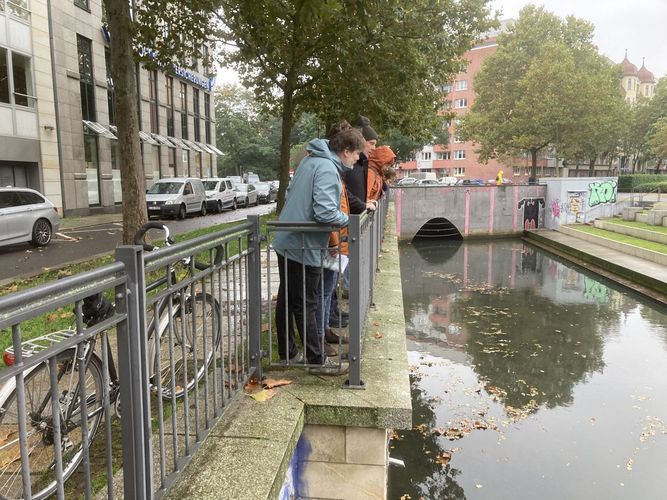The project is part of Priority Programme 2361, On the Way to the Fluvial Anthroposphere, which is being funded by the German Research Foundation from 2023 to 2026. It is investigating the pre-industrial floodplains in Central Europe and the fluvial societies that operated there.
“Our research findings inform today’s efforts to protect the environment and prevent flooding, and will be made accessible to a wider audience through an exhibition at Leipzig’s Museum of City History,” says Professor Julia Schmidt-Funke, Professor of Early Modern History, who is involved in the project.































































